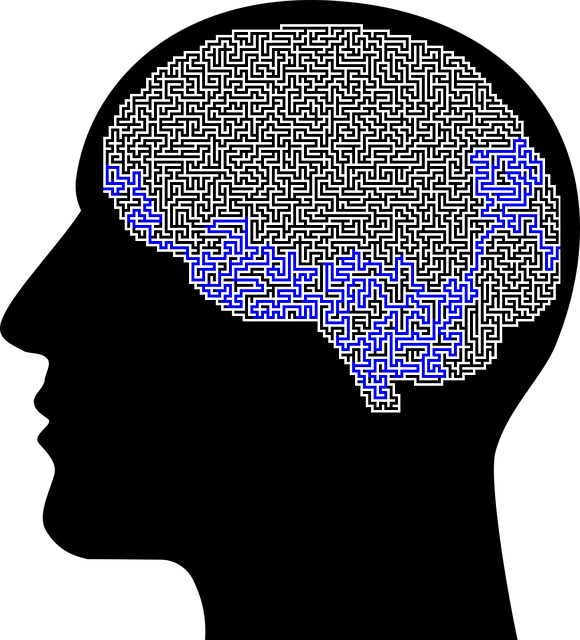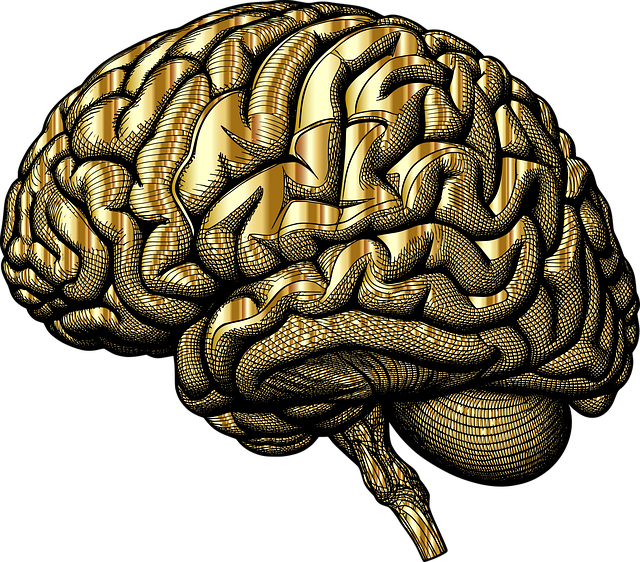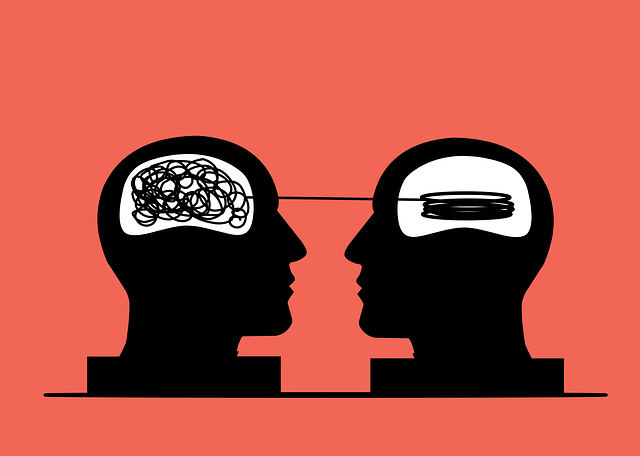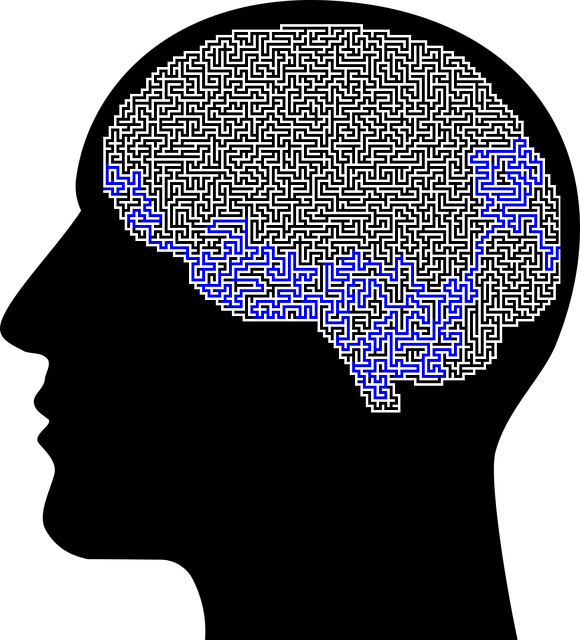Lafayette Gambling Therapy advocates for mental health education as a powerful tool to improve societal well-being by tackling stigma and encouraging early intervention. They offer tailored programs, such as public campaigns for adolescents and stress management workshops for adults, empowering individuals with emotional intelligence and mental resilience skills. Their approach considers diverse client needs, from gambling addiction to family impacts, with unique interventions for at-risk youth and seniors. Interactive learning methods, including case studies, role-playing, videos, and podcasts, are incorporated to increase participation and retention, reducing stigma through understanding. Evaluation involves a multi-faceted approach tracking emotional well-being improvements, crisis intervention guidance uptake, and qualitative feedback, ensuring both immediate and lasting positive impacts.
Mental health education is a vital tool for empowering individuals to manage their well-being. This article explores the design of an effective program, focusing on Lafayette Gambling Therapy’s innovative approach. We delve into understanding mental health fundamentals and tailoring education to diverse audiences. The content covers critical topics, incorporates interactive strategies, and provides methods to evaluate impact. By examining these elements, we aim to guide the creation of engaging programs that foster mental resilience, especially in communities like Lafayette Gambling Therapy, where specialized support is essential.
- Understanding Mental Health: Setting the Foundation for Effective Education
- Identifying Target Audiences and Their Unique Needs at Lafayette Gambling Therapy
- Designing Engaging Content: Topics and Strategies for Comprehensive Learning
- Incorporating Interactive Elements to Enhance Participation and Retention
- Evaluating and Measuring the Impact: Assessing the Success of the Program
Understanding Mental Health: Setting the Foundation for Effective Education

Mental health is a complex and multifaceted aspect of human well-being that often goes overlooked or stigmatized in societal conversations. Therefore, establishing a solid foundation through education is paramount for fostering understanding and promoting early intervention. This involves shedding light on various mental health conditions, their causes, and available treatment options, especially tailored to the unique needs of different demographics.
At Lafayette Gambling Therapy, we recognize that educating communities about mental health can be a game-changer in breaking down barriers and encouraging individuals to seek support. Developing comprehensive programs that cater to diverse audiences, such as public awareness campaigns targeting adolescents or stress management workshops for working adults, can significantly contribute to the overall well-being of society. Incorporating topics like emotional intelligence and its role in mental resilience is also essential in empowering individuals with tools to navigate life’s challenges effectively.
Identifying Target Audiences and Their Unique Needs at Lafayette Gambling Therapy

At Lafayette Gambling Therapy, understanding the diverse needs of various audiences is a cornerstone of program design. The target populations range from individuals grappling with gambling addiction to families affected by their loved ones’ struggles. Each group brings unique challenges and requires tailored interventions. For instance, education for at-risk youth focuses on prevention strategies and building resilience against problem gambling, while programs aimed at seniors consider the specific cognitive and social dynamics of this demographic.
The therapy center also recognizes the importance of public awareness campaigns in destigmatizing mental health issues related to gambling. Through these initiatives, they strive to reach a broader audience, fostering compassion cultivation practices that can benefit all members of the community. Additionally, incorporating coping skills development into educational programs empowers participants with effective tools to navigate stress and make healthier choices.
Designing Engaging Content: Topics and Strategies for Comprehensive Learning

Designing engaging content is a critical aspect of creating effective Mental Health Education Programs Design. When crafting educational materials for topics like Lafayette Gambling Therapy, the key lies in presenting information in an interactive and relatable manner. Incorporate diverse strategies to cater to different learning styles—from case studies and role-playing scenarios to multimedia elements such as videos and podcasts. This approach ensures that participants actively engage with the material, fostering a deeper understanding of complex issues surrounding mental health.
To enhance comprehensive learning, include a range of topics such as recognizing signs of common mental health disorders, stigma reduction strategies, and effective communication techniques for healthcare providers. For instance, Healthcare Provider Cultural Competency Training can be integrated to promote empathy and better patient outcomes. Additionally, incorporating elements of Mental Health Policy Analysis and Advocacy can empower participants to drive positive change in their communities by understanding the impact of policies on mental health services.
Incorporating Interactive Elements to Enhance Participation and Retention

Incorporating interactive elements into mental health education programs can significantly enhance both participation and retention among learners. These active learning strategies, such as role-playing exercises, group discussions, and hands-on activities, create a dynamic environment that encourages engagement from all participants. For instance, Lafayette Gambling Therapy might benefit from designing sessions where individuals simulate real-life scenarios to practice conflict resolution techniques—a skill crucial for managing stress and anxiety. This approach fosters empathy building strategies, as learners experience firsthand the perspectives of others involved in these scenarios.
Furthermore, interactive elements help break down complex topics related to mental illness stigma reduction efforts. By actively participating in activities that challenge stereotypes and promote understanding, learners are more likely to retain information and apply it in their daily lives. These methods not only make learning enjoyable but also ensure that the knowledge gained is not quickly forgotten, fostering a more competent and compassionate community.
Evaluating and Measuring the Impact: Assessing the Success of the Program

Evaluating the success of a mental health education program is paramount to understanding its impact and identifying areas for improvement. At Lafayette Gambling Therapy, we employ robust assessment methods that go beyond mere participant satisfaction surveys. By utilizing a multi-faceted approach, we delve into both quantitative and qualitative data to measure the program’s effectiveness. This includes tracking statistical changes in emotional well-being promotion techniques over time, gauging the uptake of crisis intervention guidance among participants, and collecting feedback through in-depth interviews and focus groups.
The integration of Mind Over Matter principles serves as a foundational framework for our evaluation process. By assessing changes in mental resilience, coping mechanisms, and overall psychological flexibility, we can quantify the program’s contribution to individual growth. This holistic approach ensures that we not only address immediate concerns but also foster lasting positive change, ultimately enhancing participants’ ability to navigate future challenges.
Lafayette Gambling Therapy’s mental health education program demonstrates a comprehensive approach to addressing a critical societal need. By combining educational content with interactive strategies, this initiative not only equips individuals with knowledge about mental well-being but also fosters meaningful engagement and retention. The success of this program can be measured through ongoing evaluation, ensuring its impact extends beyond the classroom and into improved mental health outcomes for participants. This model serves as a compelling example for organizations looking to design effective mental health education initiatives.










